



If you go into this biopic expecting lots of laughs, you may be disappointed. The film’s premise is the joke — that the hapless director Ed Wood, Jr., the most inept figure in the history of the creative arts, would be the subject of a hagiography.
Keeping this disclaimer in mind, Ed Wood is a quietly hilarious movie. Every actor is in on the joke, especially Johnny Depp, who plays Wood, and Martin Landau, whose amazing portrayal of the aged Bela Lugosi won him an Oscar. Every frame of this movie conveys the tragicomedy of Wood’s life (director Tim Burton made this film after scoring big with Batman; he seems to view Wood’s career with an ambivalent "there but for the grace of God go I" attitude).
The only problem with Burton’s film is that the story may be hard to believe (or even follow) without knowledge of the historical details. Myth and reality are hard to separate at this point, but the facts are seemingly these: Ed Wood was an ex-carnie lured by the glamour of Hollywood in the 1940s. Had he become merely a hack movie director, he would be utterly forgotten, but Wood also heard the siren call of Art and, at random and unpredictable times, embedded dialogue advocating transvestism, among other baffling non sequiturs, in his B movies. (Wood liked to wear women’s clothes.) Wood’s movies are now the benchmark that really bad movies are measured by.
Laughable special effects and bad acting are routine, but there are even more fundamental elements of filmmaking which Wood also didn’t understand; this is what makes his movies unforgettable. The flying saucers in his Plan 9 From Outer Space are obviously paper plates, but what makes the film dumbfounding is that the saucers contain vampires, who spend minutes of screen time marching slowly through a cemetery, grunting. Wood’s chance meeting with Lugosi, then an elderly junkie, gave him the chance to work with a "big name," but instead of making a horror movie, Wood first uses Lugosi to narrate monologues about cross-dressing. For his first horror film, Wood steals a giant octopus puppet from a studio lot, which had to be manipulated by the victim; to fill out the movie, he splices in minutes of boring octopus footage from a nature documentary. Finally, while filming Plan 9, the decrepit Lugosi passes. Undaunted, Wood hires a chiropractor to play Lugosi for the last half of the movie — the actor keeps his cape partly over his face, like vampires do, so Wood assumed nobody would notice.
A few scenes in Ed Wood are perhaps over the top — for example, a mythical conversation between Wood and Orson Welles, in which Welles encourages Wood to be true to himself. But mostly, Burton tells this bizarre story straight. The movie ends at an upbeat moment — the premiere of Plan 9 (which of course did not have a long run in theaters). The final narration explains that Wood continued in the same vein through the 1960s, trying his hand at porno (apparently, his shortcomings as a director were so extreme that even his porn films were unsuccessful) before dying an unhappy alcoholic in the 1970s. The ending seems abrupt, but it’s consistent with Burton’s bittersweet storytelling to end with one of the moments of success that, in his own mind (only), Wood reached.
Critics agree that Wood’s works fall short of artistic success — shorter than any other movies ever made. (Maybe if Wood had access to another octopus puppet — or more dry ice — his vision could have been fully realized…) But of course, Wood is better known today than many directors of his era who were talented and skilled. Perhaps this says a lot about the lowbrow, trivializing tendencies of our culture. Perhaps it means nothing at all. Burton’s film takes us back to Hollywood’s golden age, pays a final tribute to this pathetic director, and draws no conclusions.

You gotta hand it to him.
Review by David Bezanson © 1999 filmcritic.com







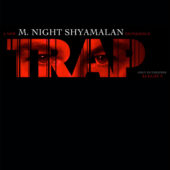













![Set of 3 Sylvester Stallone Publicity Photos from Rocky IV and Rambo [PHO50]](https://www.filmfetish.com/img/p/2020/07/photo-lot-pho50-001-170x170.jpg)
![Zebra Stampede Photo [210809-0002]](https://www.filmfetish.com/img/p/2021/08/210809-0002-11x85-web-170x170.jpg)
![Samurai Cop Actress Janis Farley Photo [240313-260]](https://www.filmfetish.com/img/p/2024/03/240313-260-13x19-web-170x170.jpg)
![Cult Movie Queen Cheri Caffaro Publicity Photo [210906-0048]](https://www.filmfetish.com/img/p/2021/10/210906-0048-13x19-web-170x170.jpg)















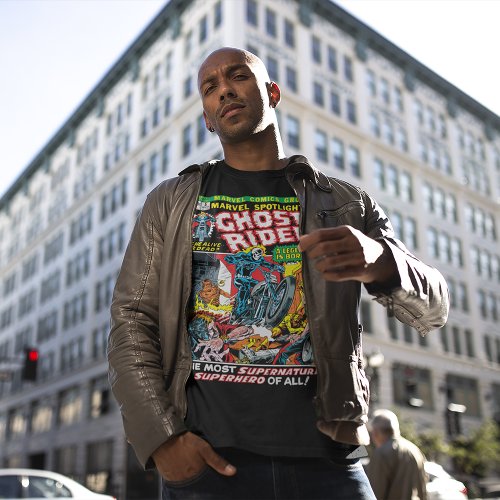






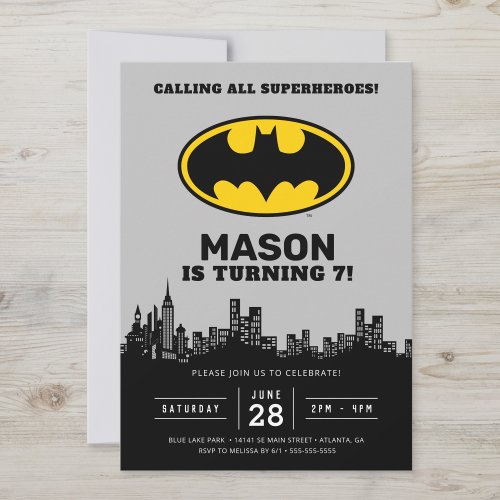




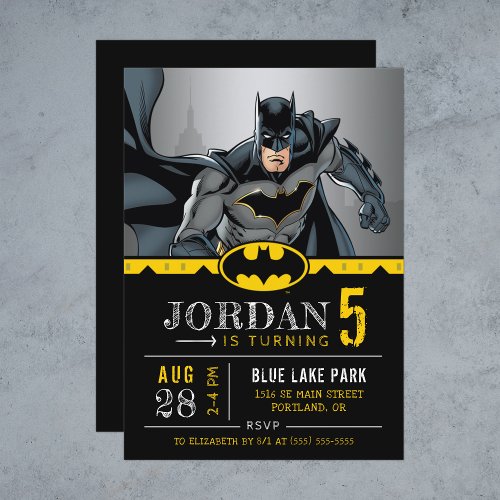











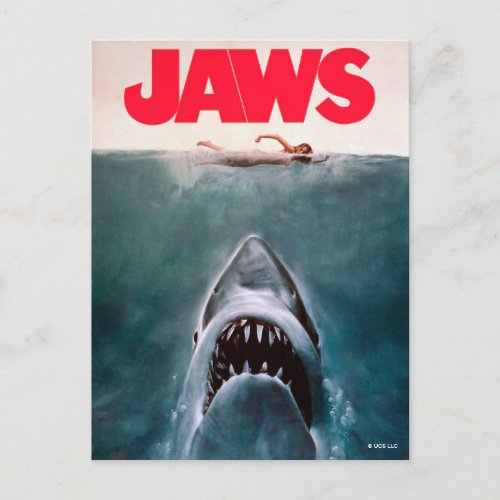








![Set of 21 Mixed Collectors Candy Dispensers – Hello Kitty, PEZ, Rubik’s Cube, Nintendo Game Boy, Dragonball Z + More [U87]](https://www.filmfetish.com/img/p/2023/01/P1460856--170x170.jpg)
![Set of 3 Barbra Streisand Movie The Main Event Original Press Publicity Photos [L38]](https://www.filmfetish.com/img/p/2023/02/P1480521--170x170.jpg)


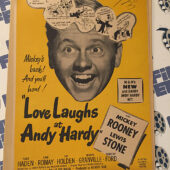
![Tony Curtis in Some Like It Hot Original 8×10 inch Publicity Press Photo [F74]](https://www.filmfetish.com/img/p/2021/06/tony-curtis-f74-01-170x170.jpg)
![Set of 4 Collectors Candy Dispensers SEALED – DragonBall Z, Zelda Mints, Super Mario Bros., Rubik’s Cube [U94]](https://www.filmfetish.com/img/p/2023/01/P1460898--170x170.jpg)
![Fancy Pants (1950) Original Full-Page Magazine Advertisement, Bob Hope, Lucille Ball [F48]](https://www.filmfetish.com/img/p/2022/11/movie-ad-f48-01-170x170.jpg)
